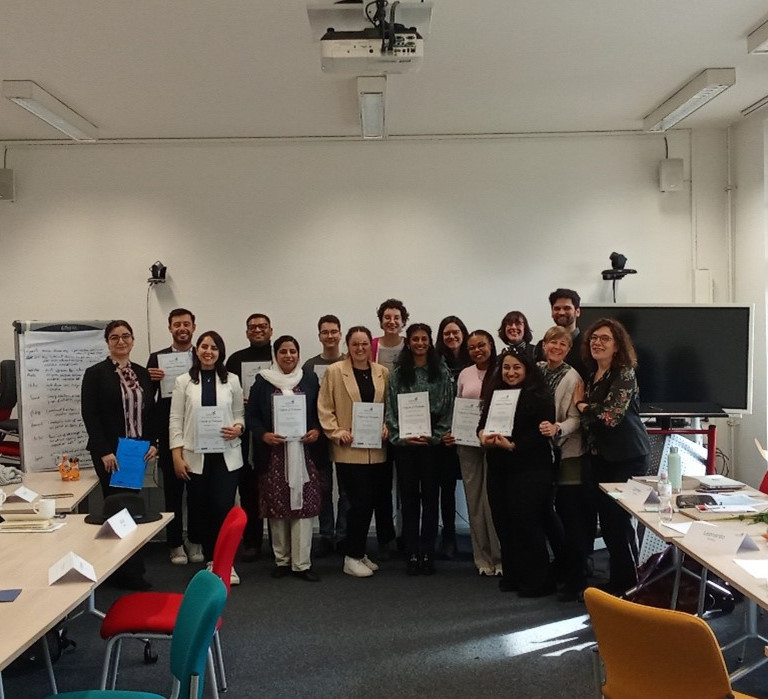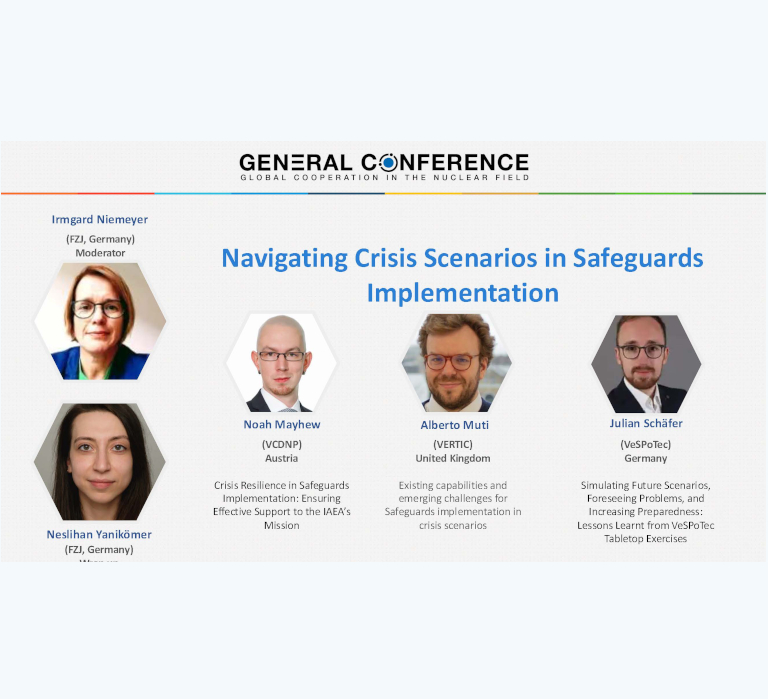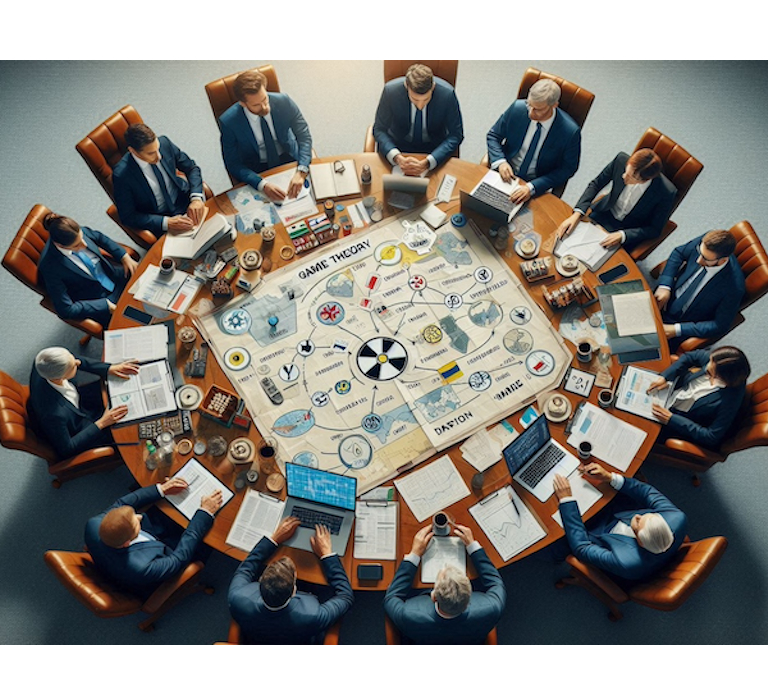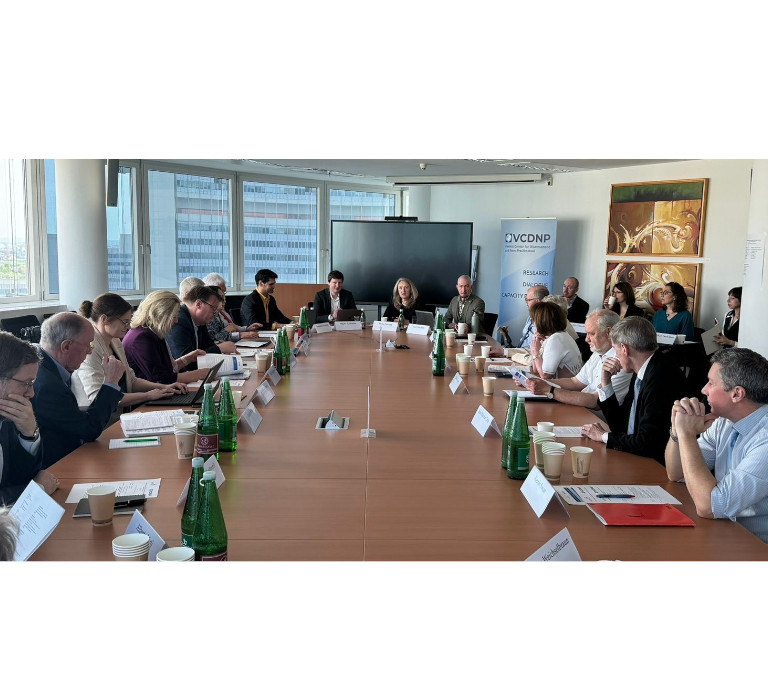By Andreas Dürholt. Game Theory is a mathematical discipline to analyze strategic interaction between two or more players. In general, strategic considerations exists for thousands of years (see for instance, Sun Tzu). But Game Theory as a discipline was officially developed by John von Neumann und Oscar Morgenstern in the 1940s’, although its economic predecessors go back to previous centuries. However, Game Theory has developed from classical Game Theory to many different intertwining sub-disciplines (e.g., Evolutionary Game Theory, Algorithmic Game Theory, Behavioral Game Theory, Mechanism Design, etc.)
In a game the players (which can be states, individuals, organizations, etc.) can choose between various decisions. In game theory the best decision in dependence on the opponent’s decision should be selected. These strategic considerations have been applied to international relations, especially regarding arms races, nuclear proliferation, deterrence and nuclear verification. In the context of nuclear verification, states can either cooperate or defect. Normally, countries want to check and observe the opponent’s behavior, but there are sometimes exceptions when states want to create ‘strategic uncertainty’. Accordingly, they do not always act in accordance with contracts, they could also cheat on them. However, game-theoretic models could be used to organize IAEO-inspections more thorough, and they are necessary to check whether a state is following a treaty. Consequently, by using these mathematical models, strategic loopholes can be uncovered, treaties can be designed more robust, and inspections can be arranged more efficiently.










